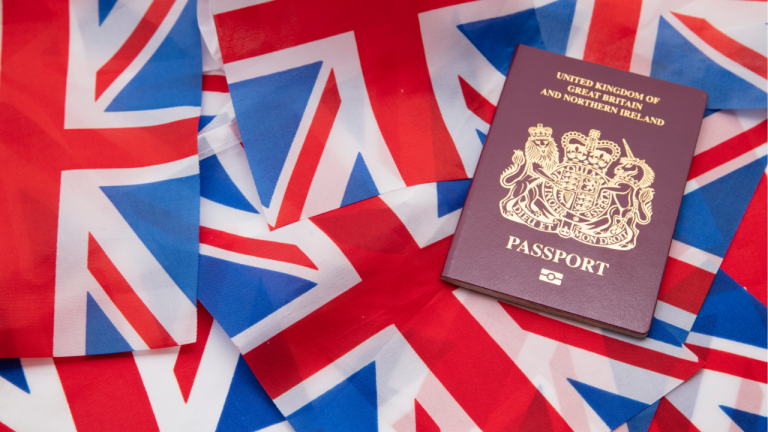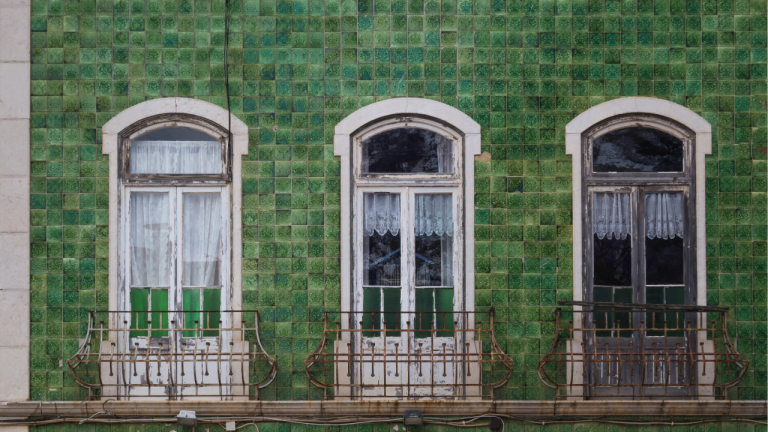How to Buy Property in Portugal as a Foreigner
Thinking about buying property in Portugal as a foreigner? Here’s everything you need to know — from legal steps and taxes to timelines and common pitfalls.
Introduction
Thinking about buying property in Portugal as a foreigner? You’re not alone. Portugal has become one of Europe’s most attractive destinations for international buyers — offering a mix of sunshine, safety, investment potential, and lifestyle.
The good news? Foreigners can legally and easily buy property in Portugal — whether you’re from within the EU, the UK, the US, or beyond. But the process still involves a few essential steps, and understanding them early will help you avoid costly mistakes.
This guide walks you through the key stages, from finding the right property to finalizing the deal — with a focus on clarity, confidence, and protecting your interests.
1. Can Foreigners Buy Property in Portugal?
Yes — Portugal places no restrictions on foreigners purchasing property.
Whether you’re looking to retire, relocate, invest, or secure a second home, the path is open to both EU and Non-EU buyers.
What differs is what comes after — such as residency, tax benefits, and visa options (more on that later).
2. Decide Where You Want to Buy
Portugal offers a wide range of property options — from Lisbon apartments and Douro farmhouses to coastal Algarve villas.
Most foreign buyers gravitate to:
- Algarve (sunshine, golf, beaches, retiree haven)
- Lisbon/Cascais (city life, investment property)
- Silver Coast (more local, lower prices)
- Porto & North (growing interest from investors)
🔗 Related Reading: Best Places to Buy Property in Algarve
3. Appoint a Local Lawyer (Recommended)
Although it’s not legally required, hiring a Portuguese property lawyer is strongly recommended — especially if you are buying from abroad.
A lawyer will:
- Review contracts
- Ensure the seller has legal title
- Protect you from common scams or agent bias
- Assist with power of attorney (if you’re abroad during the process)
📌 Pro Tip: Choose a lawyer who is independent of the seller or agent, and who speaks your language.
4. Get a Portuguese Tax Number (NIF)
Before making an offer, you’ll need to get a Número de Identificação Fiscal (NIF) — your Portuguese tax ID.
You can get this:
- In person at a Portuguese tax office
- Through your lawyer (via power of attorney)
- Sometimes via your bank
Without a NIF, you cannot:
- Open a Portuguese bank account
- Sign a property contract
- Apply for utilities
5. Open a Portuguese Bank Account
While you can pay in foreign accounts, it’s usually required — or at least preferred — to have a Portuguese bank account for:
- Property payments
- Legal transactions
- Utility setup
- Mortgage (if applicable)
6. Secure Financing (If Needed)
Foreigners can get mortgages in Portugal, though conditions depend on your nationality, residency status, and income.
- Expect to borrow 60–70% loan-to-value (LTV)
- Non-residents typically need larger down payments
- Mortgage approval can take 2–6 weeks
🔗 Related Reading: Is Lagos Still a Smart Investment in 2025?
7. Make an Offer and Sign a Promissory Contract (CPCV)
Once you’ve found a property and agreed on a price:
- A CPCV (Contrato de Promessa de Compra e Venda) is signed
- You pay a 10–30% deposit
- The contract includes: timeline, conditions, penalties
Your lawyer should review this thoroughly before you sign anything.
8. Final Deed and Registration
The final step is signing the Escritura Pública de Compra e Venda (the official deed of sale), usually done:
- At a Notary Office
- With your lawyer present
- After confirming all legal documents
Once signed:
- You become the legal owner
- The property is registered in your name
- Taxes and fees are paid
9. Understand the Taxes and Fees
Expect to pay the following:
- IMT (Transfer Tax): Sliding scale depending on price and type
- Stamp Duty: 0.8% of purchase price
- Legal + Notary fees: ~1–2%
- Ongoing municipal property tax (IMI): Annual, based on value
🔗 Related Reading: Costs and Taxes When Buying Property in Portugal
10. Optional: Apply for Residency or Visa
Buying property does not automatically grant residency, but it may help with:
- D7 Visa (Passive Income / Retirement)
- D8 / Digital Nomad Visa
- Golden Visa (now limited, but still valid in some cases)
🔗 Related Reading: Can You Get Residency by Buying Property in Portugal?
Final Thoughts
Portugal offers one of the most straightforward property buying processes in Europe — even for foreigners. But doing it right means understanding the steps, hiring the right professionals, and knowing your obligations.
If you’re considering buying in the Algarve specifically — where demand is high and local knowledge is key — we can help.
We represent buyers only, with no hidden fees or conflicts of interest, and help you navigate the market from start to finish.
Start your Algarve property search today — without the hassle.
We’ll do the searching, vetting, and visiting coordination for you.
FAQs
Yes, there are no restrictions on foreigners purchasing property in Portugal.
A Portuguese tax number (NIF), valid ID, bank account, and proof of funds or financing.
You’ll pay IMT (transfer tax), stamp duty, and annual IMI. The exact rate depends on the property value and type.





